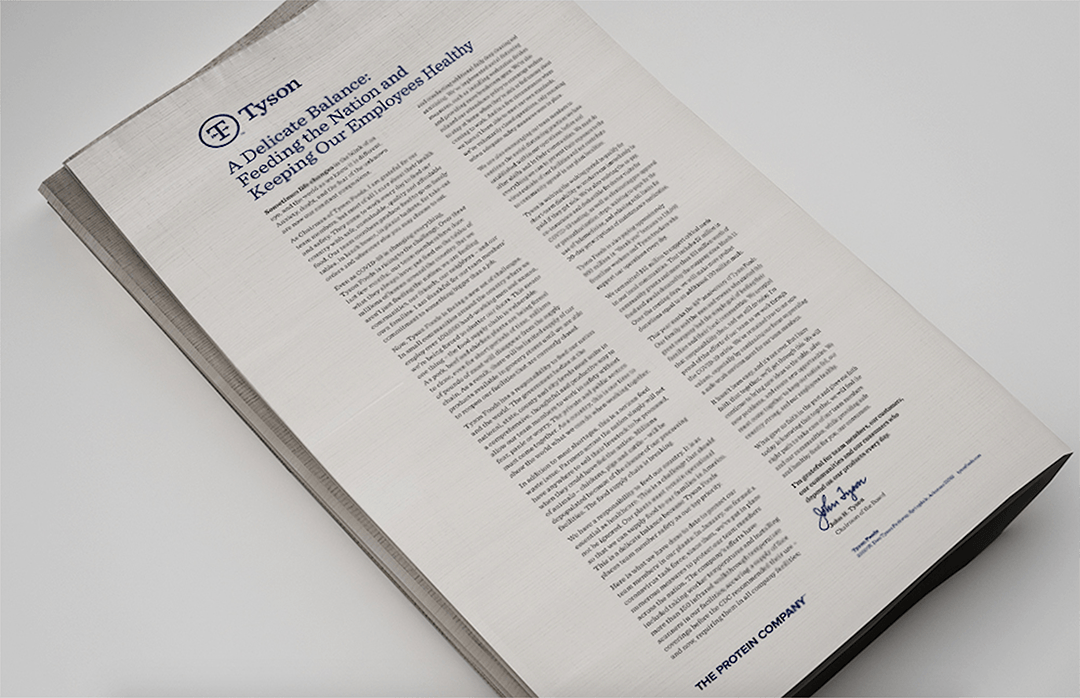
Big meatpackers are struggling due to Covid-19, revealing an industry’s vulnerabilities. But there’s more to the story.
Get your twice-weekly fix of features, commentary, and insight from the frontlines of American food.
by The Counter
04.27.2020, 5:20pm


Big meatpackers are struggling due to Covid-19, revealing an industry’s vulnerabilities. But there’s more to the story.
Yes, it’s true that meatpackers like @TysonFoods are intensely disrupted by Covid-19. Social distancing is tough in these facilities, and some plants have closed temporarily due to outbreaks.
— The Counter (@TheCounter) April 27, 2020
We’re tracking U.S. plant closures and re-openings here: https://t.co/wg1CzCvHRA 2/
First, there is no shortage of meat destined for the grocery store shelf.
— The Counter (@TheCounter) April 27, 2020
It might take stores longer than usual to restock certain products, due to supply chain disruptions. But we have many millions of pounds of meat in cold storage across the nation. 4/
Workers face real fear for their health and safety. As long as that’s true, current slaughter capacity will be limited. The cost of labor will rise, and eventually retail prices will, too. #tysonfoods 6/
— The Counter (@TheCounter) April 27, 2020
Then there’s the tangled logistics.
— The Counter (@TheCounter) April 27, 2020
There’s plenty of meat on hand that was headed to restaurants and commercial foodservice. It’ll take some time for meatpackers to convert bulk products into portion sizes the general public can work with. 8/
Smaller businesses have different vulnerabilities—and while they face challenges, too, some have managed to pivot quickly enough to keep product on the shelves. https://t.co/uYhEAwvcLX 10/ pic.twitter.com/I2IlzPM4Du
— The Counter (@TheCounter) April 27, 2020
Companies like Tyson have been hit hard by Covid-19. But they are also powerful, with plenty of cash (and vast warehouses of frozen meat) on hand.
— The Counter (@TheCounter) April 27, 2020
They may be struggling now, but they have the political, financial, and infrastructural resources they’ll need to survive.
end/
Get a weekly dish of features, commentary and insight from the food movement’s front lines.